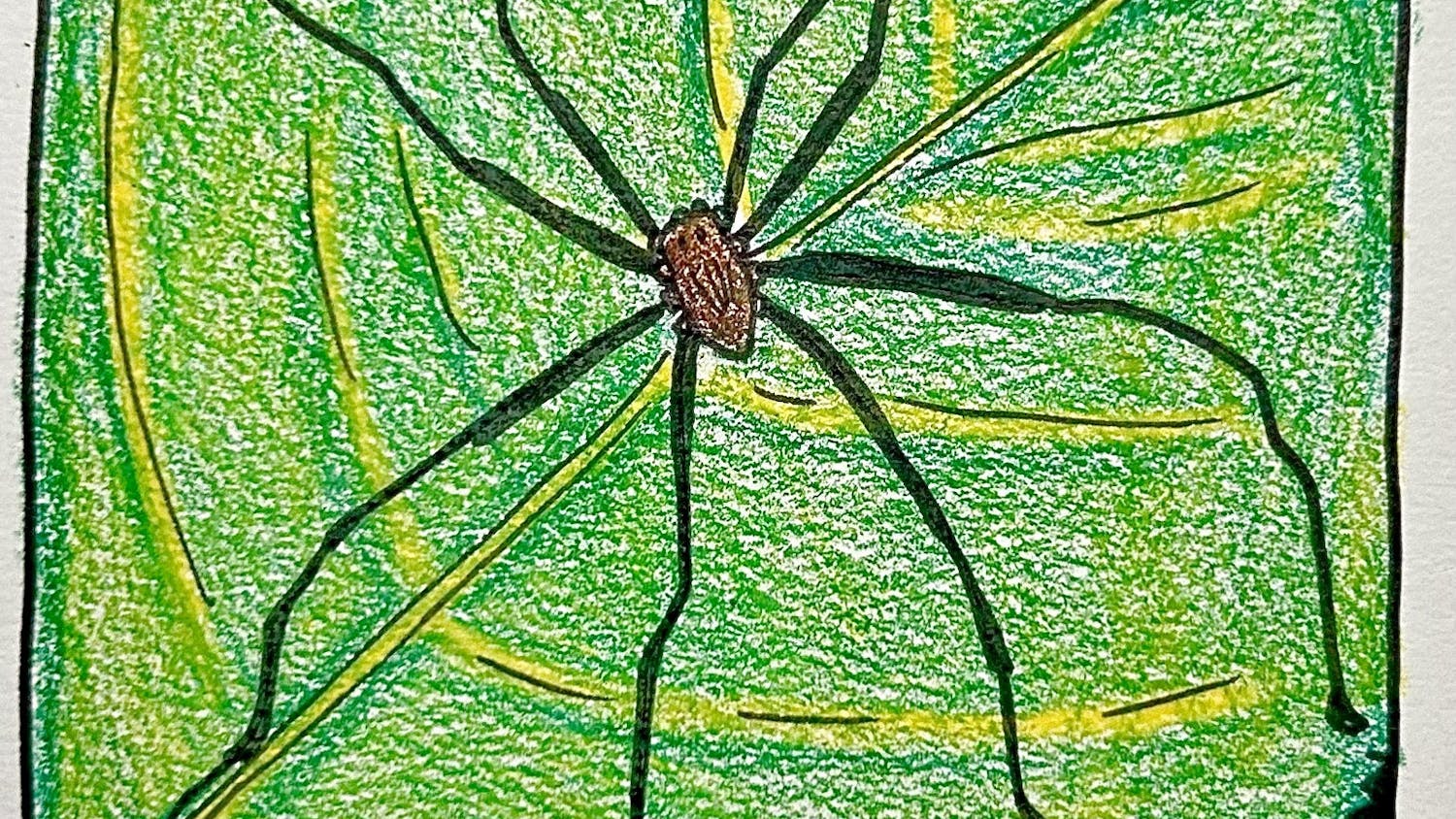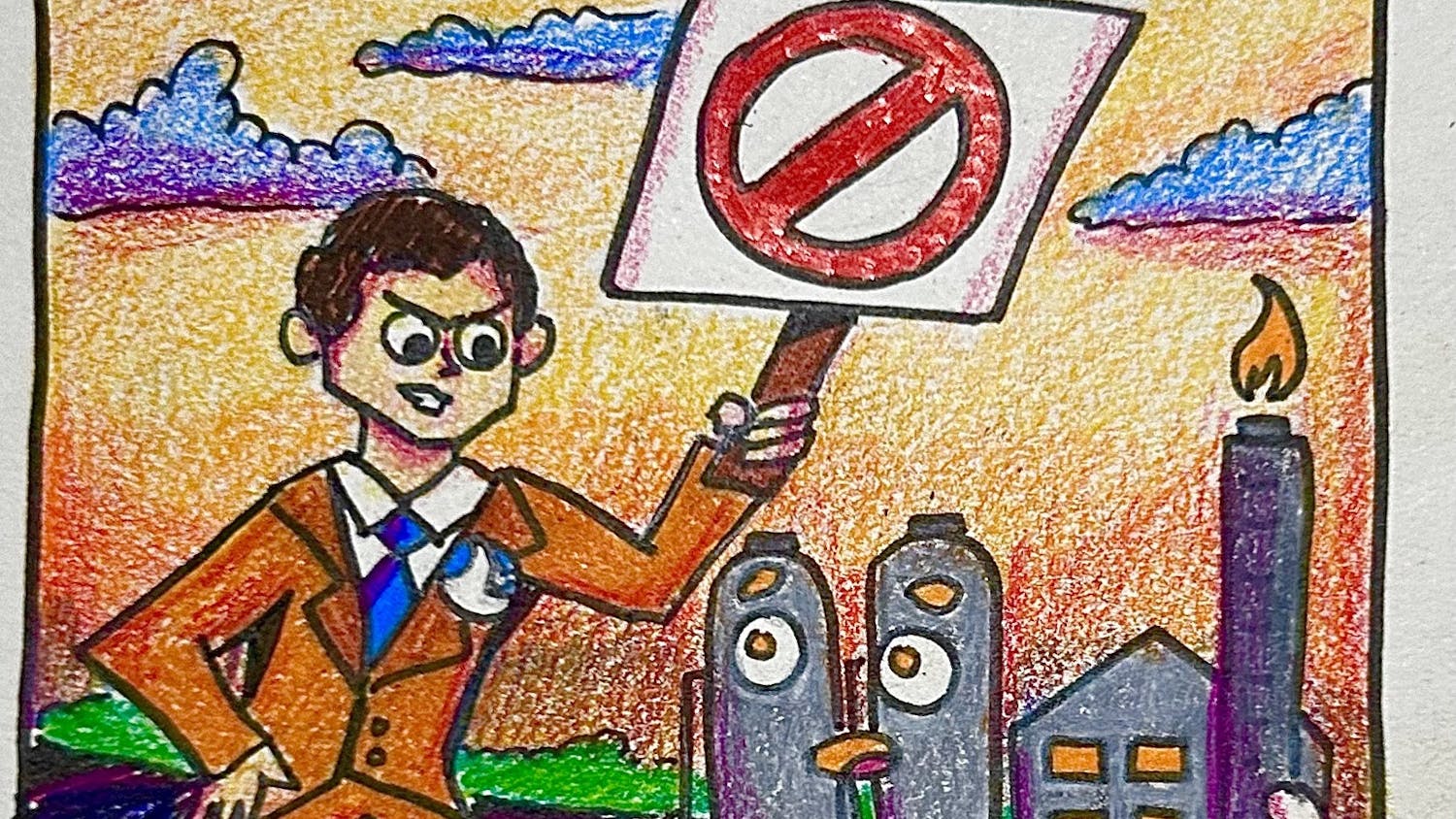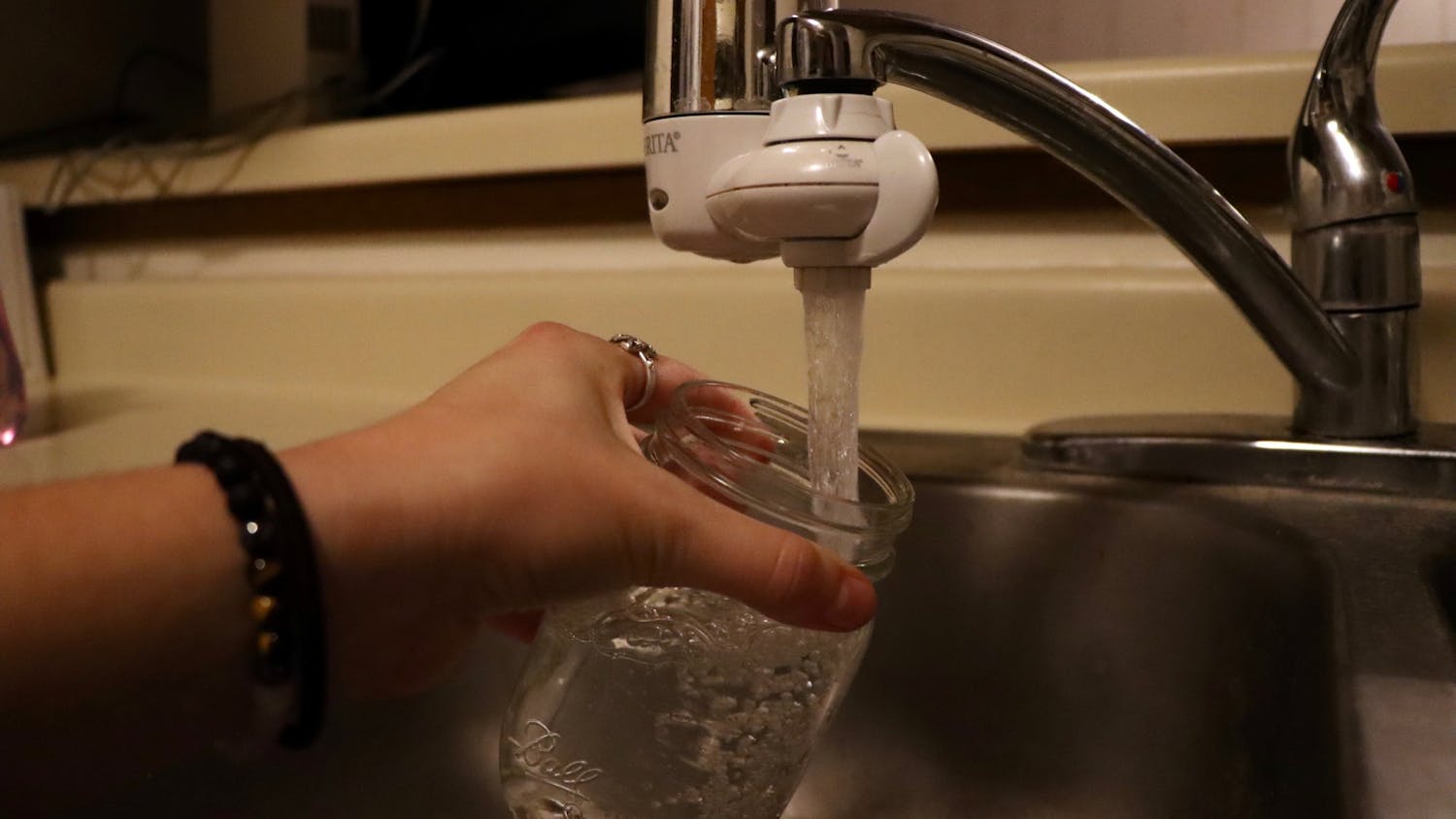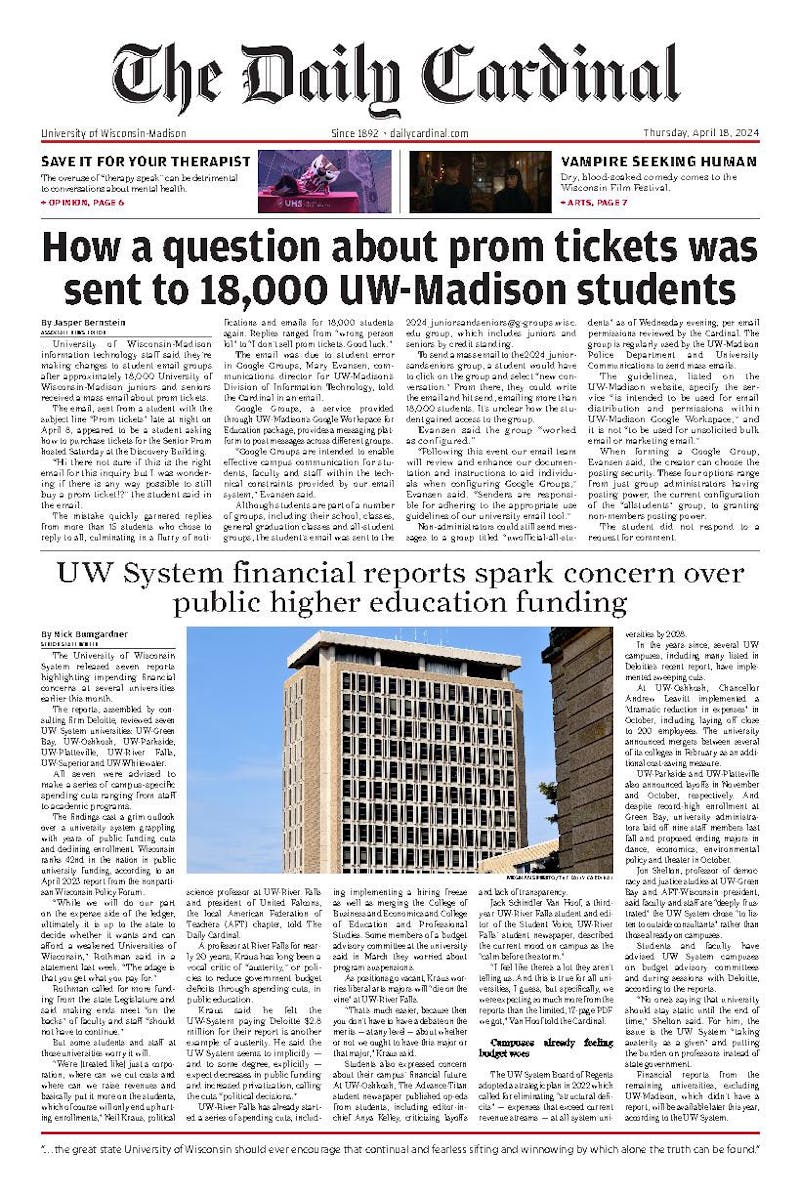The U.S. Department of Agriculture estimates that honeybees pollinate 80 percent of the country’s insect crops. Agriculture is an extremely important industry in Wisconsin, and so are bees and other pollinators. In recent years, there has been a decline in pollinators due to many factors, such as changing landscape practices.
A pollinator is an insect or animal that moves pollen from one flower to the next for reproduction. Pollinators are key to the ecosystem and the maintenance of agricultural and wild plant communities.
There has been quite the buzz around the recent release of the Pollinator Protection Plan (PPP). The plan, envisioned by Wisconsin Secretary of Agriculture Ben Brancel, explores how pollinators affect farms, homes and properties in Wisconsin.
The PPP started as an idea. The Department of Agriculture, Trade and Consumer Protection (DATCP) thought, “What can we do to think about pollinators more broadly in Wisconsin and how they relate to agriculture?” The DATCP enlisted Claudio Gratton, a professor of entomology at the UW-Madison, and a number of other researchers to develop the plan.
Their grant proposal was funded and Gratton brought in postdoctoral student Christina Locke. The goal of the PPP is to discover how the actions taken in agricultural and residential areas affect pollinators. It has been compiled as an educational resource to a variety of groups in Wisconsin, and is similar to plans in other states.
Eventually, Gratton and others hope the plan will promote the public understanding of science and urge changes in public policy regarding pollinators.
The PPP provides best management practices for gardens and lawns, for beekeeping, for farms, and from prairies, roadsides and open spaces.
The first part of the document urges people to diversify their yard or garden with a variety of flowers to attract pollinators. It also provides information on choosing which plants will best suit different types of yards and soil.
The second section addresses beekeeping. There are many things to consider when keeping bees, such as habitat and nutrition. The document advises beekeepers to have a diverse mix of natural pollen and nectar needed to provide the bees with proper nutrition.
The third section addresses pollinator health and pollination services on farms and is incredibly important to the state. According to the plan, “Over one-fifth of the land area of Wisconsin is farmland.”
Diversity is the key to a good habitat for pollinators. Farmers are encouraged to add a diversity of plants for pollinators.
In the first year, the PPP aims to plant a few flowers and eliminate weeds in prairie areas. By the third year, and beyond, the plan will work to plant many flowers, to work toward resembling a diverse tall grass prairie. This is part of the strategy for prairies, roadsides and open spaces.
Insecticides have been an area of controversy. Many groups have criticized the plan, saying it does not adequately address insecticides.
“Just focusing on insecticide would be missing the point, pollinator health depends on a lot of different factors. Maybe it is insecticides, depending on where you are and what the conditions are, but really it is a multifaceted problem,” Gratton said. “Yes, there are agrochemical issues, but what about flowers and food in the landscape when crops aren’t around? There’s a lot of really important and intersecting issues here and I think one of the criticisms about pesticides missed that broader point.”
The overall plan looks to educate people about the many different factors affecting pollinators in Wisconsin. The plan is unique because it is comprehensive and it was developed with input from a number of stakeholders. “One of the really neat things about the plan was the broad stakeholder engagement,” Gratton said.
There were many different groups involved in the plan, providing important diversity.
Some of the groups include the Wisconsin Farm Bureau, the USDA Natural Resources Conservation Service, the U.S. Environmental Protection Agency, and CropLife America.
There is no argument that pollinators are not essential to Wisconsin’s ecosystem. However, with declining populations, the PPP is working to educate the state and provide a thriving environment for pollinators.





